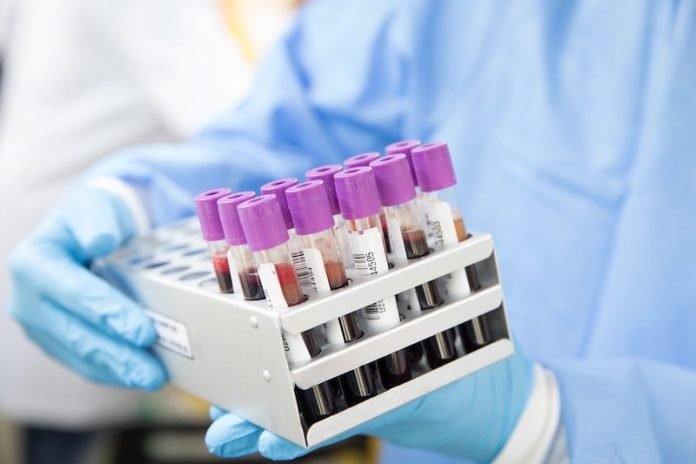
Scientists from MedUni Vienna found the role of a specific subtype of macrophages (white blood cells) in progressive non-alcoholic fatty liver disease.
As part of the immune system, these cells have a protective function against fibrosis and liver cirrhosis.
At the same time, they are useful as biomarkers of liver disease progression as they can be measured by a blood test.
The research is published in the Journal of Hepatology and was conducted by Christoph Binder et al.
Non-alcoholic fatty liver disease (NAFLD) is one of the most common chronic liver diseases worldwide and is estimated to affect about 30% of the European population.
Chronic non-alcoholic fatty liver disease can develop into irreversible liver cirrhosis, which can only be cured by liver transplantation.
Therefore, it is particularly important to identify patients with the non-alcoholic fatty liver disease early on.
The development of non-alcoholic fatty liver disease, especially advanced steatohepatitis (NASH, also: non-alcoholic fatty liver hepatitis), is linked to profound changes in immune cells in the liver.
Recently, the increased accumulation of a subtype of macrophages that express high levels of the receptor TREM2 has been described in fatty liver disease.
In the study, the team was able to show these specific macrophages have a protective function in fibrosis—a precursor to liver cirrhosis.
These cells are found in greater numbers in the affected areas of the liver upon non-alcoholic fatty liver disease-associated liver inflammation, where they accumulate particularly in areas of cellular damage and fibrosis.
The team found TREM2-positive macrophages fulfill an important protective function in non-alcoholic fatty liver disease, where they prevent fat accumulation, inflammatory processes, and progression of the disease to liver fibrosis.
It may be possible to develop a new way to treat fatty liver hepatitis by enhancing this protective function of TREM2-positive macrophages.
If you care about liver cancer, please read studies about new promising drug for pancreatic, liver cancer, and how sugary beverages affects the liver.
For more information about liver health, please see recent studies about a new therapy for fatty liver disease, and results showing oats and rye brans can protect your gut and liver health.
Copyright © 2022 Knowridge Science Report. All rights reserved.



